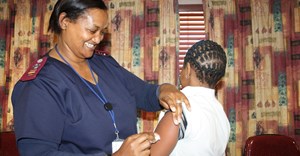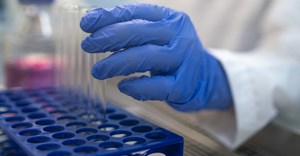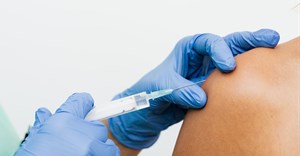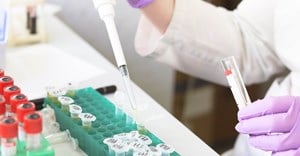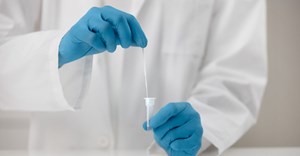Pap smear overtaken by HPV screening

Whilst the Pap smear has saved millions of lives, it is simply not effective enough anymore. Due to advances in technology, this procedure is now being challenged by a far more sensitive molecular test, HPV DNA testing. Medical experts across the globe and now in South Africa agree that HPV screening should be done before the Pap smear, as it is far more sensitive, accurate and sophisticated.
Cervical cancer kills 10 women every day in South Africa. Even in the corporate world, 83% of women have neglected their Pap smear or other cervical cancer screening for 12 months or more and 20% of women in South African companies are living with the high-risk strains of HPV (Human Papillomavirus), which are the cause of 99% of cervical cancers, but have no visible symptoms.
Dr Chris Maske, Head of the Molecular Pathology Laboratory at Lancet Laboratories, says, "With the introduction of HPV DNA testing, there is no need for any woman to develop cervical cancer, let alone die from the disease. It has the highest death rate amongst women in South Africa.
"We always relied on the Pap smear as a screening test, but now large studies have shown that HPV testing is a much better test for detecting women who are at risk for cervical cancer," says Dr Allison Glass, Clinical Virologist at Lancet Laboratories.
HPV causes 99% of cervical cancers and is spread through bodily fluids, mucous membranes and infected genital skin. More than 100 strains of HPV exist, of which 14 are considered 'high risk' or cancer causing. From this group, HPV 16 and HPV 18, cause 75% of cervical cancers.
Case study shows effectiveness of home test
A young Johannesburg executive who can vouch for this is 35-year-old Shireen Omar. "For the past 10 years I have been for my annual Pap smear, without fail. This year I just could not find the time. A good friend of mine mentioned a home screening HPV test called UDoTest that could be bought from Dis-Chem or online. I decided to try it.
"I followed the instructions and visited the website (www.udotest.com); it was all very clear and simple to do. Less than 10 days after I completed the test, I received feedback from the UDoTest doctors about my test showing a high risk HPV abnormality."
"Naturally, I was terribly worried, but UDoTest helped me with counselling and referred me to a specialist. The gynaecologist I was referred to, decided to give me a Pap smear for confirmation. A week later, I received a SMS to say that my Pap smear was negative and to come back to him in two years' time! The Pap smear hadn't picked up the HPV but the UDoTest did."
Omar returned to the gynaecologist for a second opinion. "Thankfully, he booked me in for a colposcopy because of the positive UDoHPVTest result." A colposcopy is an examination of the cervix using a microscope to detect abnormalities in the cells. Abnormal cells were detected and Omar then had a biopsy, which revealed the presence of precancerous cells. "If I had believed the result of the Pap smear, I would have been in serious trouble," says Omar.
Home test provides indicator
The question we now have to ask is, will the HPV test become the primary screening option for cervical cancer instead of the Pap smear? "Yes, definitely," says Allison Martin, the founder of UDoTest. "It's already happening overseas. Women need to do the more accurate cervical cancer test first.
"UDoTest is an attractive option because it allows women to take their own sample whenever and wherever it suits them. It offers an excellent service concerning delivering and fetching the kit and ensuring that the client receives her result and post-screening support. The HPV lab test done on the test is exactly the same as the one that would be done on a sample collected by a doctor and is run at an accredited laboratory, so the results are reliable," says Dr Glass.
The company has been offering the home HPV test in South Africa for nearly three years and is saving lives on a daily basis. "Women now no longer have any excuses. With discreet delivery and collection, convenience, screening every two to five years, and a test that takes 30 seconds to do, what more could we ask for?" says Martin.
"The test eliminates the need for the speculum, examination rooms and trained personnel," says Martin. "We are screening and educating women in both rural and urban areas, as well as internationally. I share Dr Maske's sentiment that no woman should develop cervical cancer in this day and age, let alone die from it."













